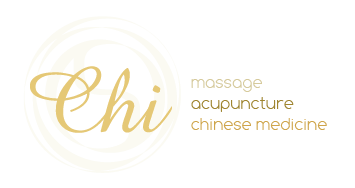Weight management has always been a popular topic at a country like Australia. Obesity has already became sort of epidemic in Australia.
As an accredited dietitian, I once practiced at Goldfield Esperance GP network mainly for patients’weight management. Based on my experiences, weight management is divided into two stages: first, how much weight you can lose? Second, how do you maintain the achievement? There are many different types of diet in the market. Meal replacement and low carbs high protein diet are the two most popular. The difficult thing is that how long you can stick to the meal plan? Because, as we know, food is one important part of culture.It is not something, when you like you can pick it up, and when you dislike, you just abandon it. It is something ingrained in our mind. We eat foods, not only because we are hungry, but also, sometimes because we are stressed. Therefore, it is very important for a dietitian to individualized meal plans to match clients’ personal needs.
Chinese medicine has its unique way in dealing with obesity. It usually divides obese people into two types:
Type one is usually seen in women at middle age. They are quite health-conscious. They tried to eat healthy and control the amount. They have to work and/or look after their families so they easily feel stressed or tired. Their muscles are soft because they don’t have enough time for exercise. Fluid retention can be found at some parts of their body. In Chinese medicine, this is diagnosed as accumulation of toxins due to poor digestive system. Herbs are prescribed to improve digestive system, remove fluid retention and boost energy. Acupuncture is also applied tohelp relieve stress.
Compared to Type one, the people in Type two has better appetite. Their obesity is mainly related to a high intake of high energy foods, and in adults, it is usually accompanied with high blood pressure and high cholesterol. They often suffer constipation. They are active, but their energy intake is much more than consumption. So the treatment principle is to control their appetite by reasonably suppressing their hyperactive digestive system and clear toxin from bowels.
Dietetics consultation and Chinese medicine are supplementary to each other in weight management. Dietetics consultation considers nutrition balance inside the body, while Chinesemedicine helps balance the internal body by removing toxins and calming the body.
